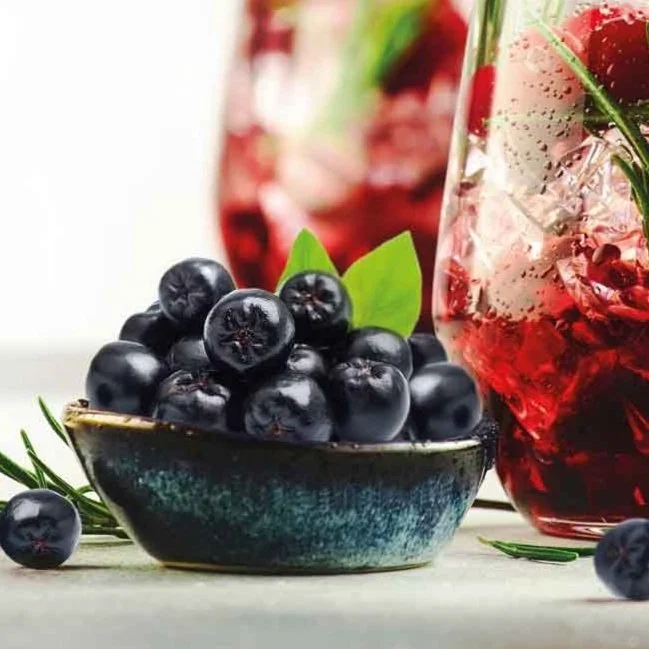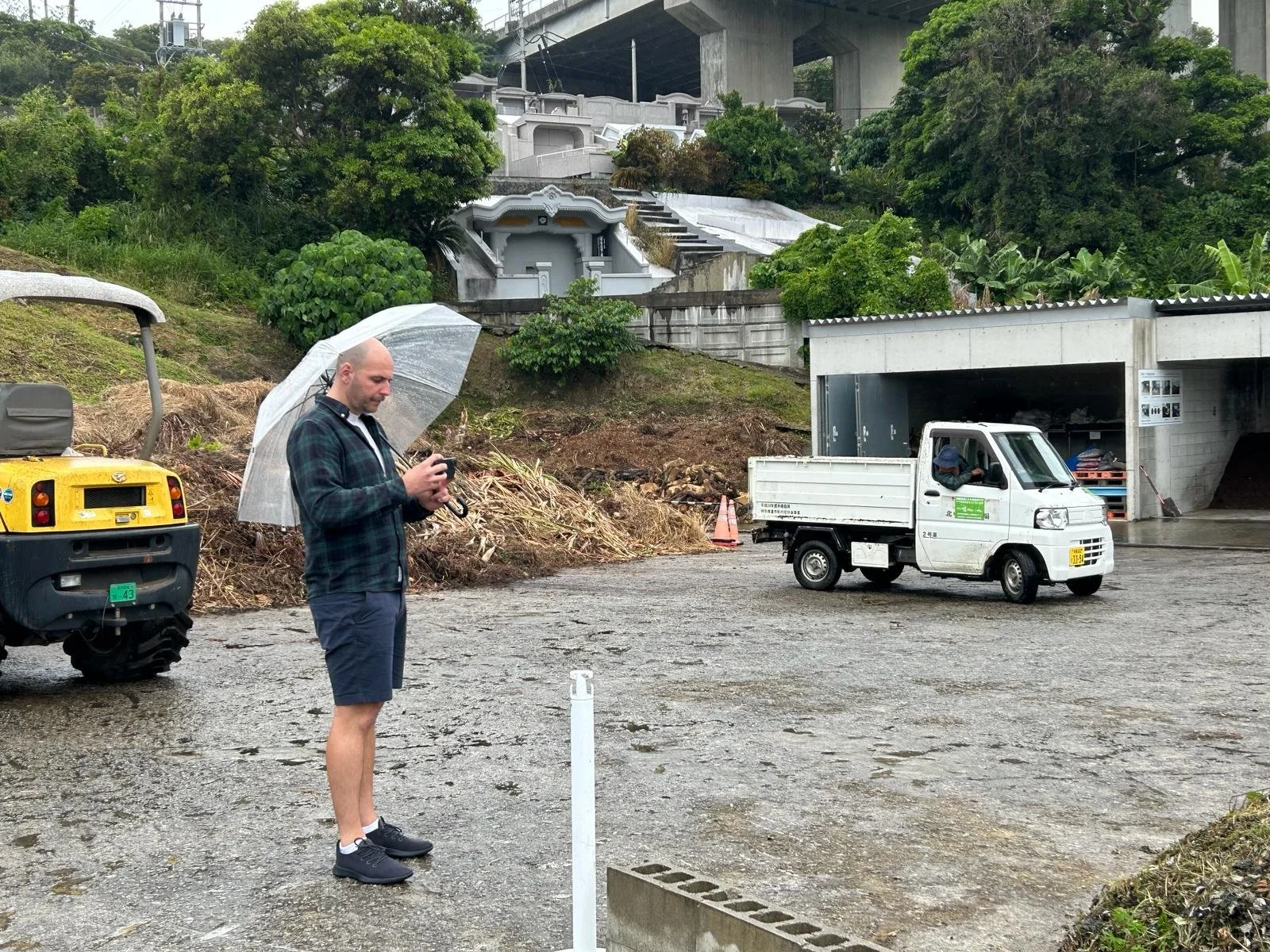news and blog

The Key to Perfect Silage in Spring
🚜🌱 Spring is here – and so is the key to better silage.
I’ve just published a blog on how EM® Silage can transform spring grass cutting into high-quality, long-lasting feed for livestock.
🔍 Whether you're a dairy or beef farmer, or work in agri-support services, this is one to bookmark. The blog explores:
✅ Why spring grass is the most valuable
✅ How EM® Silage boosts fermentation, nutrient retention, and storage
✅ Practical tips for better silage-making
✅ UK silage stats you might not know

Why Activate EM-1 Instead of Using It Neat? And Do You Need a Heater to Brew It in the UK?
Thinking of using EM-1 for your garden, compost, or livestock? Learn why activating it with molasses makes all the difference—and how to do it successfully in the UK, even without a heater.

Whiskey Barrel Ice Baths: Refreshing for You, But What About the Water?
Keeping your whiskey barrel ice bath fresh doesn't have to mean harsh chemicals. With probiotic cleaning, you can let beneficial microbes do the work—just like in natural swimming ponds! A quick rinse with Wipe & Clean, a dash of Actiferm, and regular maintenance will keep your water fresh, balanced, and skin-friendly. Stay cold, stay clean, and embrace the microbes

Making Your Own Bokashi Bran
Making your own Bokashi bran is a simple and sustainable way to reduce food waste. By following our step-by-step guide, you can easily create this valuable compost ingredient using EM1, wheat bran, or coffee grounds. The process is relatively straightforward, requiring only a few basic ingredients and supplies. With a little effort, you can turn food scraps into a nutrient-rich fertiliser for your garden.

Unleashing the Antioxidant Marvel: EM Drink's ORAC Triumph and Lactic Acid Bacteria Benefits
Unleashing the Antioxidant Marvel

The Woolsery Project
It is a well-known story: rural villages are emptying, with young people seeking refuge in cities and abroad, leaving behind older populations and vacant properties. Yet, in South-West England's Devon, a remarkable revival is underway, thanks to the vision and investment of Michael Birch, a philanthropic business tycoon with roots in Woolsery.
To breathe new life into the village, Birch bought several key properties, including the local pub, a fish and chip shop, a Georgian manor, a farm, and a village store. He and his wife, Xochi, enlisted Emily Harmon to manage the project, known as the Woolsery Project. This initiative employs 4% of the village's population, revitalizing the local economy and fostering community wellbeing.
Central to this effort is Woolsery Farm, led by project manager Josh Sparkes. Passionate about sustainability, Josh employs regenerative, organic practices and a Bokashi composting system to transform community waste into valuable resources. The farm's produce supplies the village's gastropub and restaurant, creating a closed-loop system where nothing is wasted.
Josh's methods, inspired by his global experiences, have already yielded surprising benefits. The once-silent mornings are now filled with birdsong, and the farm's ecological health is improving rapidly. Moreover, the project has provided a new sense of purpose for team members like Russell Mayne, a former soldier who found stability and happiness through sustainable farming.
The Woolsery Project is not just about reviving a village but demonstrating the power of community and sustainable practices to transform lives and environments.

My Window Seat Was a Dud, But This Trip to Okinawa Was Anything But!
Ever dream of being reincarnated as a bird for the ultimate window seat view? My recent trip to Okinawa, Japan, started with that very dream, but thick clouds had other plans. Luckily, the disappointment was quickly forgotten as I delved into the fascinating world of Effective Microorganisms (EM). From a hotel using EM-treated everything to a farm turning waste into nutrient-rich compost with EM's help, this trip was an eye-opening exploration of sustainability in action. Stay tuned for the full story, where I'll share the secrets of "circular farming" and my adventures on the Japanese mainland!

Bish Bash BOKASHI
Discover the revolution in waste management with FINANCIAL TIMES! Are you tired of traditional composting methods? Say hello to bokashi composting! Transform your kitchen scraps into extraordinary fermented compost with ease. No more worries about stench or rats—just sweet pickle-like aroma and nutrient-rich compost for your soil. Developed by Professor Teruo Higa in Japan, bokashi utilizes a special bran filled with beneficial microorganisms. Join the movement towards sustainable living and healthier soil with Agriton. Whether for domestic use or municipal projects, bokashi offers a simple solution with profound environmental benefits. Take control of your waste and contribute to a greener future.

Harnessing the Power of Effective Microorganisms (EM) Silage Additives
Effective Microorganisms (EM) have revolutionized farming since 1982. In Europe, Agriton's EM Silage, powered by Saccharomyces cerevisiae, sets the standard. This yeast enhances fermentation, boosts energy content, and acts as a potent preservative. With Agriton's support, EM Silage ensures top-notch quality and sustainability in silage production

BEE POSITIVE
In a world increasingly aware of the urgent need for environmental action, the call to embrace a 'nature positive' mindset resonates louder than ever. With vast expanses of private gardens spanning the UK, comprising an area nearly twice the size of Somerset, individuals hold significant power in shaping ecosystems. As cities devote nearly 30% of their domestic space to gardens, the potential for positive change becomes apparent. Amidst climate and biodiversity crises, the imperative to transition towards a nature-positive approach by 2030, as highlighted in a recent report involving the UK’s statutory nature agencies, becomes paramount. But what exactly does 'nature positive' entail? It goes beyond mere mitigation efforts; it demands proactive measures to enhance the planet and its biodiversity. As Francesca Osowska, chief executive of NatureScot, asserts, it is the collective responsibility of all to adopt this ethos. Amidst these challenges, the plight of bees emerges as a focal point. Their crucial role in pollination underscores the significance of creating bee-friendly habitats within our gardens. With innovative solutions like Actiferm and BeeWellness®, opportunities arise to not only support biodiversity but also foster healthier ecosystems. Embracing such alternatives represents a tangible step towards a more sustainable and nature-positive future.
